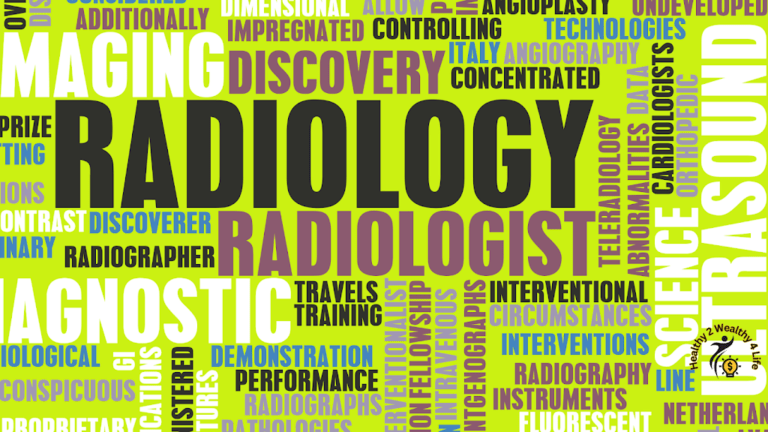what are 5 emotional signs of stress
 |
| what are 5 emotional signs of stress |
What are the five emotional signs of stress? Stress is a normal part of life, but it becomes toxic when it’s not managed properly.
If you’re feeling stressed, there are things you can do to manage your stress and feel better.
Moodiness
Moodiness is a common sign of stress. It’s normal to feel irritable, anxious, and/or depressed after a stressful period,
but if you’re feeling moody for several days in a row and it’s not just because of some new event or job change that’s an indication that you might be experiencing stress.
Moodiness is the body’s response to stress. When we’re under pressure, our minds get busy thinking about what we need to do next (e.g., “I need food”), while our bodies react by releasing hormones like cortisol and adrenaline that give us energy and help us deal with danger.
Some people experience more extreme reactions than others: some people may become so anxious they can’t sleep at night;
others may suddenly burst into tears without any reason;
still others will start overeating because their stomach feels queasy all day long until finally giving in and eating something, which then makes them feel even worse…
Anxiety
Anxiety is a feeling of worry, nervousness, and unease. Anxiety can be a normal reaction to stress for example,
you might feel anxious if you’re about to take an exam or have to make an important presentation at work.
Anxiety is also a symptom of mental health problems such as depression or bipolar disorder that affect your thoughts and feelings.
It’s common for people with these conditions to experience some form of anxiety over time as they learn how their symptoms affect them in different situations (for example, attending social functions or interacting with family members).
It’s important not to confuse this type of emotional response with true danger if there’s no physical threat involved, then don’t worry!
But if there are circumstances where it seems like your safety may be at risk (like driving home late at night),
it may help calm your nerves by taking deep breaths until those feelings pass through your body rather than letting them linger on for too long.”
Agitation
Agitation is a feeling of restlessness, anxiety, and nervousness. It’s a common symptom for many people who are stressed out. Some examples of agitation include pacing around the room,
fidgeting with your hair or clothing, and having trouble focusing on anything that isn’t extremely important to you at the moment.
Agitation can also be caused by other issues such as depression or anxiety disorders; if this happens to you
it’s important to seek medical help right away so you can get treatment for whatever problem might be causing your agitation symptoms!
Depression
Depression is a mood disorder that includes sadness, low self-worth, hopelessness, and a loss of interest in activities.
It can be caused by stress and other factors. People with depression may also have symptoms such as changes in appetite or sleep patterns;
feelings of anxiety or agitation; drug use (including alcohol); excessive guilt; poor concentration; lethargy or fatigue; and thoughts of death or suicide.
Irritability
Irritability is a common sign of stress.
It can lead to anger and rage, a bad attitude, not caring about others, and even the inability to communicate well.
These are some of the emotional signs that you might be stressed.
- Moodiness: You’re more likely to feel angry, sad, or anxious than usual.
- Anxiety: You may have trouble sleeping, and you’ll be on edge more often.
- Irritability: You get frustrated very easily and lash out at others when they irritate you by accident (or on purpose).
Conclusion
Remember, if you are experiencing any of these signs or symptoms, it is important to talk to your doctor.
He or she will be able to help you find the best treatment plan for your specific needs.


